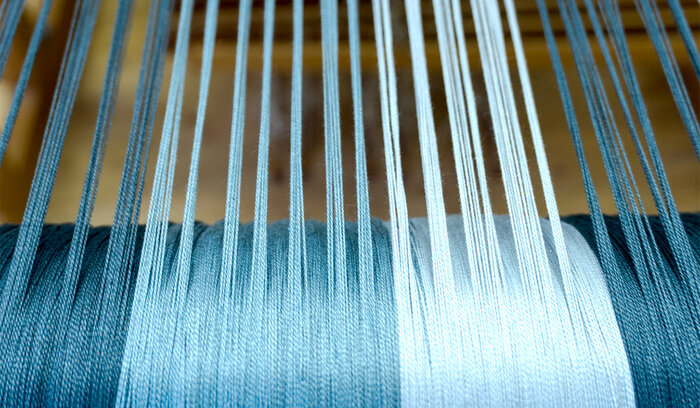
Selvage
[SEL-vij]
Part of speech: noun
Origin: Late Middle English, 15th century. (Geological term is from the 1930s.)
1.
An edge produced on woven fabric during manufacture that prevents it from unraveling.
2.
(Geology) a zone of altered rock, especially volcanic glass, at the edge of a rock mass.
Examples of Selvage in a sentence
"The curtain’s selvage was a different color, creating a noticeable border."
"Tom wanted to study how the selvage of obsidian formed."
About Selvage
This word hails from late Middle English. It is an alteration of “self” + “edge,” patterned off of the early modern Dutch “selfegghe.”
Did you Know?
“Selvage” doesn’t just refer to fabric. For instance, in printing, it means the excess area of a printed or perforated sheet, such as the white border area of a sheet of stamps or the wide margins of an engraving. It can also refer to the clay-like material found along a geological fault.








